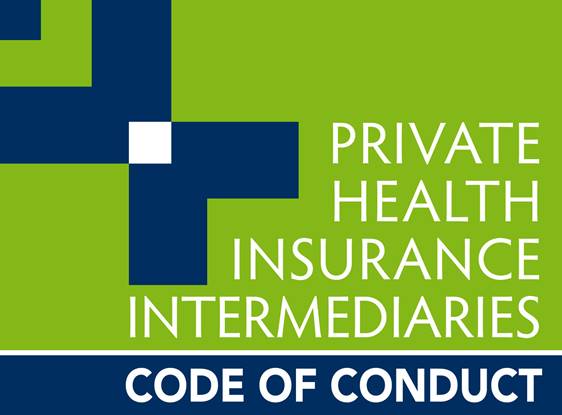Health Insurance works differently for everyone. It is designed to be tailored based to your specific needs. As your life stages change, so should your cover. In general, Private Health Insurance works in a number of ways, including;
- Potentially reducing your tax
- Avoiding public waiting lists for in-hospital procedures
- Reducing costs of common extra benefits, like dental & optical
- Planning for a family
These will be all specific to your individual needs and should be looked at regularly.

This is dependant entirely on the level of cover.
Hospital comes in many forms but classified into 4 main categories;
- Basic
- Bronze
- Silver
- Gold
Other services covered could be, ambulance, dental and optical to name a few.

The Australian Government provides a rebate on Private Health Insurance depending on your taxable income*. This can help lower the cost of your premium.
Lifetime Health Cover Loading (LHC) can impact your health premium adversely. LHC is an age based penalty based on not holding hospital cover from July 1st following your 30th birthday.
Lastly, Tax. If you earn over a certain threshold ($90,000 as a single or $180,000 as a couple, family or single parent) you could be paying a Medicare Levy Surcharge if you don’t have an appropriate level of hospital cover.


A waiting period is a time frame you need to wait before making a claim through your private health. Waiting periods come in different forms.
These are different for hospital and extras and vary based on the service.
As an example, standard waiting periods apply for health insurance, they are;
- 12 months for any pre-existing conditions, pregnancy and assisted reproductive services
- 2 months for new conditions, palliative care, rehabilitation and in hospital psychiatric services

Ambulance cover can vary. Some insurers provide cover for all ambulance travel, while others only provide for ground travel or have other limitations – for example, they may cover you in your state of residence only, or they may not cover ‘call out’ fees (when an ambulance treats you at the scene but does not transport you to hospital).
- Check with your insurer about which type of ambulance cover best suits your needs.
- Contact your state or territory government for more information on the arrangements that apply in your state.









